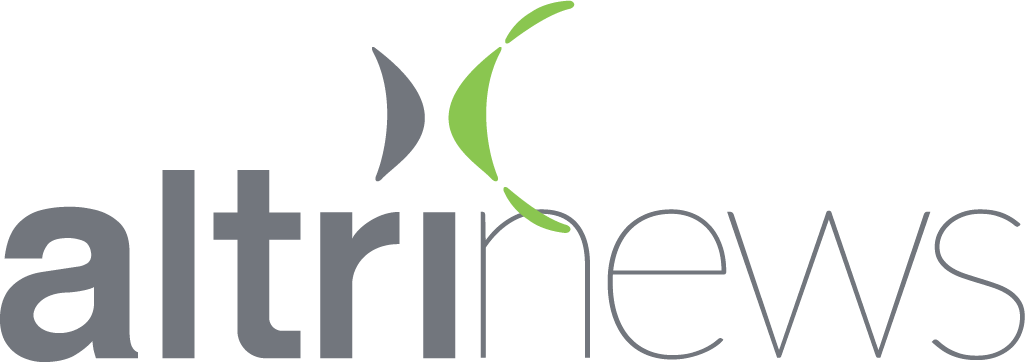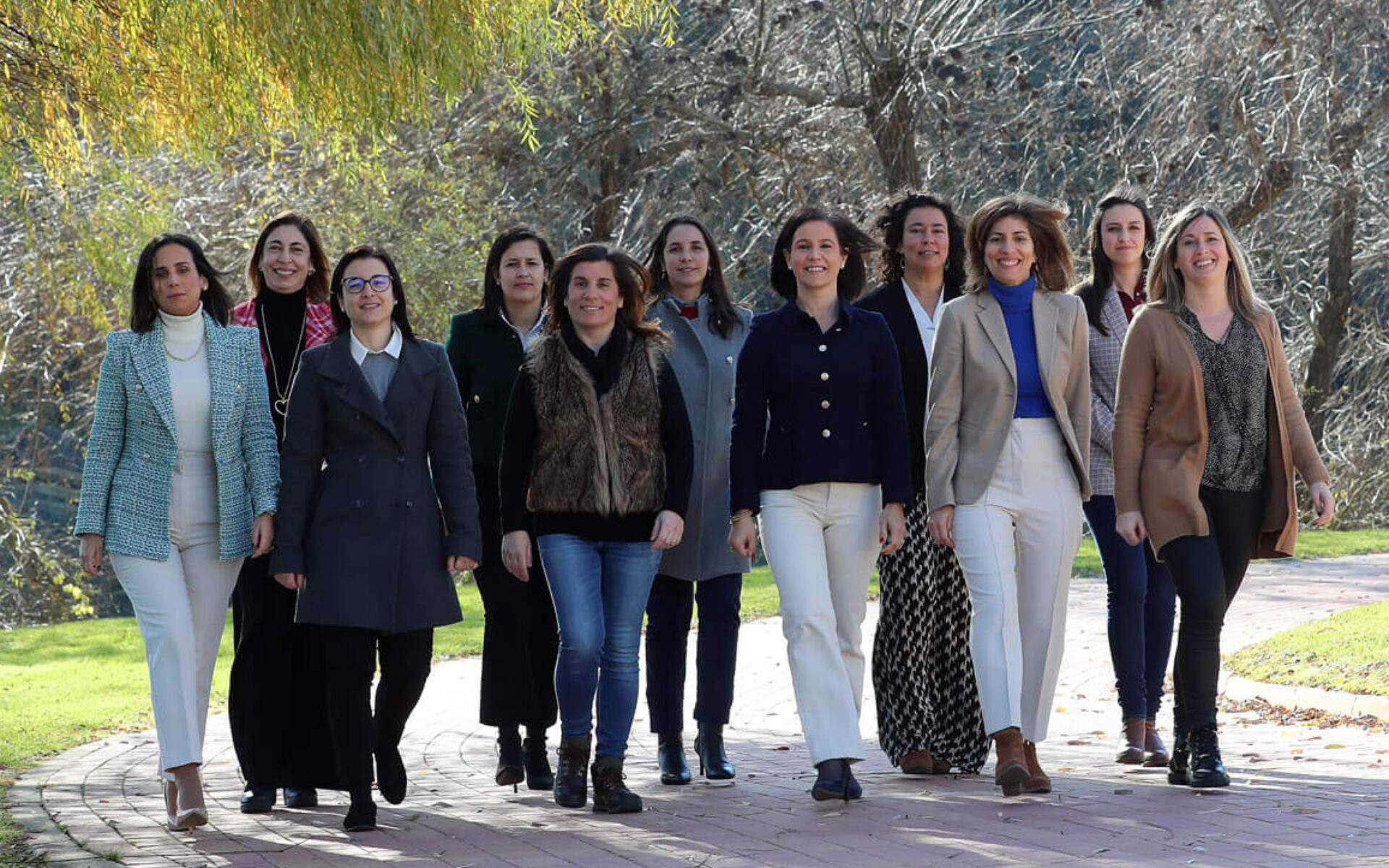Women blaze the trail of equality at Altri
Altri is a company which genuinely cares about and is committed to the principles of equal opportunities and ending discrimination - be it gender or any other type of discrimination - and which truly values the role of women in leadership positions. Altri regards diversity as a differentiating factor which contributes towards ensuring its decisions are balanced, and since they reflect all points of view, they are not only balanced but also sound.
Now more than ever, it’s time to give women a voice!
There is still a long way to go, but we are making strides. The issue of gender diversity did not arise within Altri merely as a result of legal gender quotas. For many years ALTRI’s top management has believed that within a diverse and plural organisation diversity is key, and the company has therefore been bringing women into its management bodies from as far back as 2009. Women comprised one third of the board which took office in 2014, although this was not required by law. Altri is proud to be treading this path, particularly because it started to do so before gender diversity became a core issue of political and social discourse, and especially since Altri operates in a traditionally male-dominated industrial sector.
In 2021, the Altri Group took new steps towards strengthening its commitment to gender equality by signing up to the Target Gender Equality initiative, a programme by the United Nations Global Compact. Altri currently has a Plan for Gender Equality in force, which under applicable legal provisions is reviewed annually. The Group’s root-and-branch review in 2021 resulted in a significant strengthening of its commitments with initiatives which foster further gender equality, always very much in line with the latest national and international guidelines, namely those issued by the Commission for Equality in Labour and Employment.
Altri’s aims in reinforcing these measures are clear: increasingly to encourage effective equal treatment and equal opportunities for men and women, to promote the eradication of gender-based discrimination and thereby achieve a healthy work/life balance, which is so vital to everyone’s physical and emotional wellbeing.
What do the women who work in an industry which is so heavily populated by men have to tell us? We can’t tell the stories of all 115 women who work at Altri, so we’ve chosen 12 who represent the faces of change in this sector. Here are their accounts.
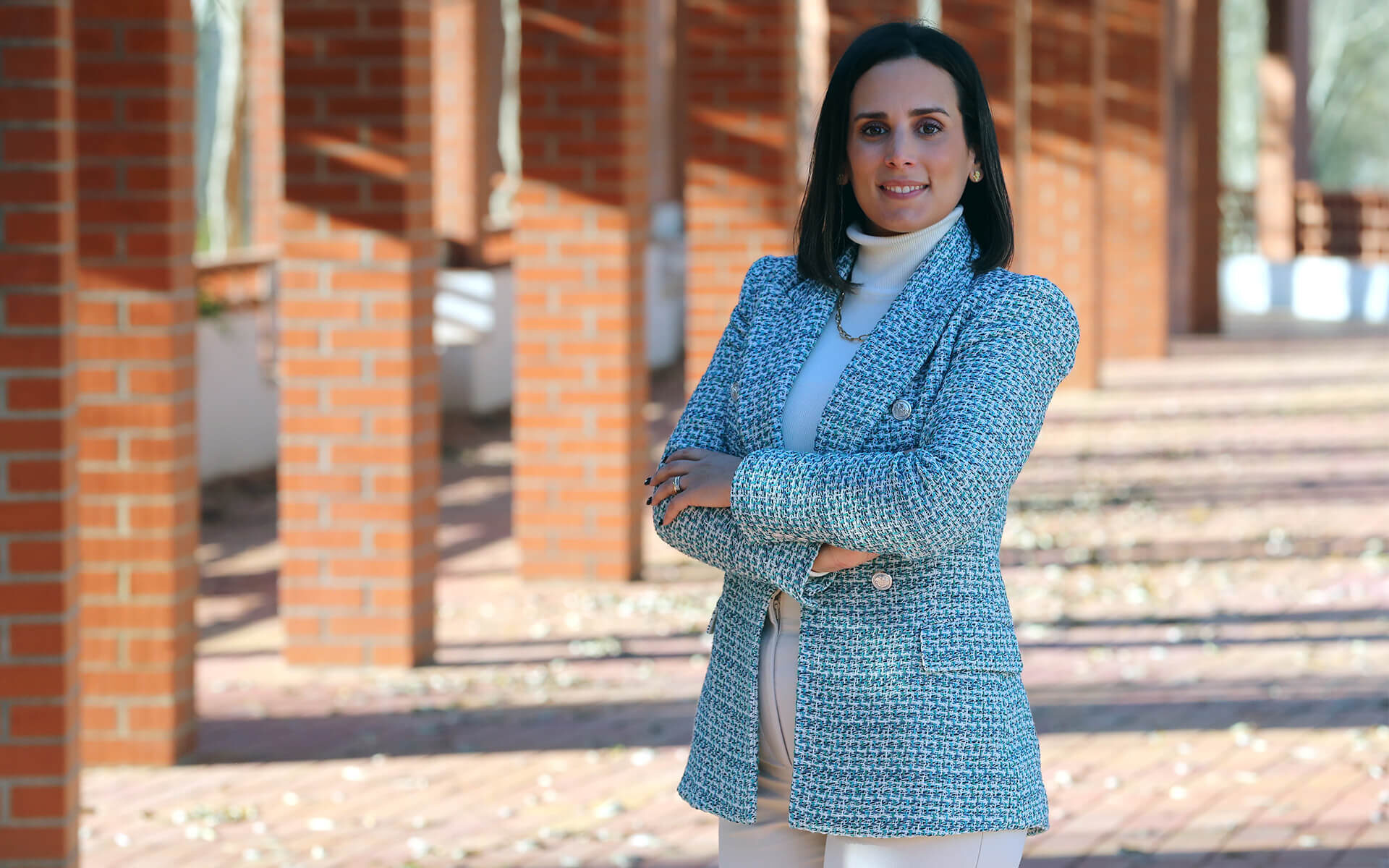
Andreia Diogo, a General Service Technician at Biotek, believes that discrimination against women has decreased over the last few decades. “Finally, the myths about it not being possible to reconcile family and career have been debunked.” She is of the opinion that barriers have been broken down over time, making it easier for females to access education and the employment market, although she feels some inequality remains in terms of equal pay and access to leadership positions. “You often come across articles in the media with titles like: ‘Portugal has one of the widest gender pay gaps’ or ‘Why are there so few women in the boardroom?’” Reflecting on these issues, the reporting head of Biotek’s General Service department believes that the core problem lies within the social sector, the sector where wages are very low compared with other sectors. “In our society, we associate women’s roles with education, and although we are increasingly seeing female graduates and more women completing doctorates than men, society at large seems – in my opinion – to be a problem.”
Raquel Campos Rosado, Head of Quality and Safety and Project Coordination at Altri Florestal, says “we are the result of various different influences as people and as women”, and she justifies this statement by highlighting that “the family and society that surround us and with which we establish different relationships both play a pivotal role, as well as the upbringing and individual growth which we all go through independently, in the decisions and choices we make throughout our lives.”
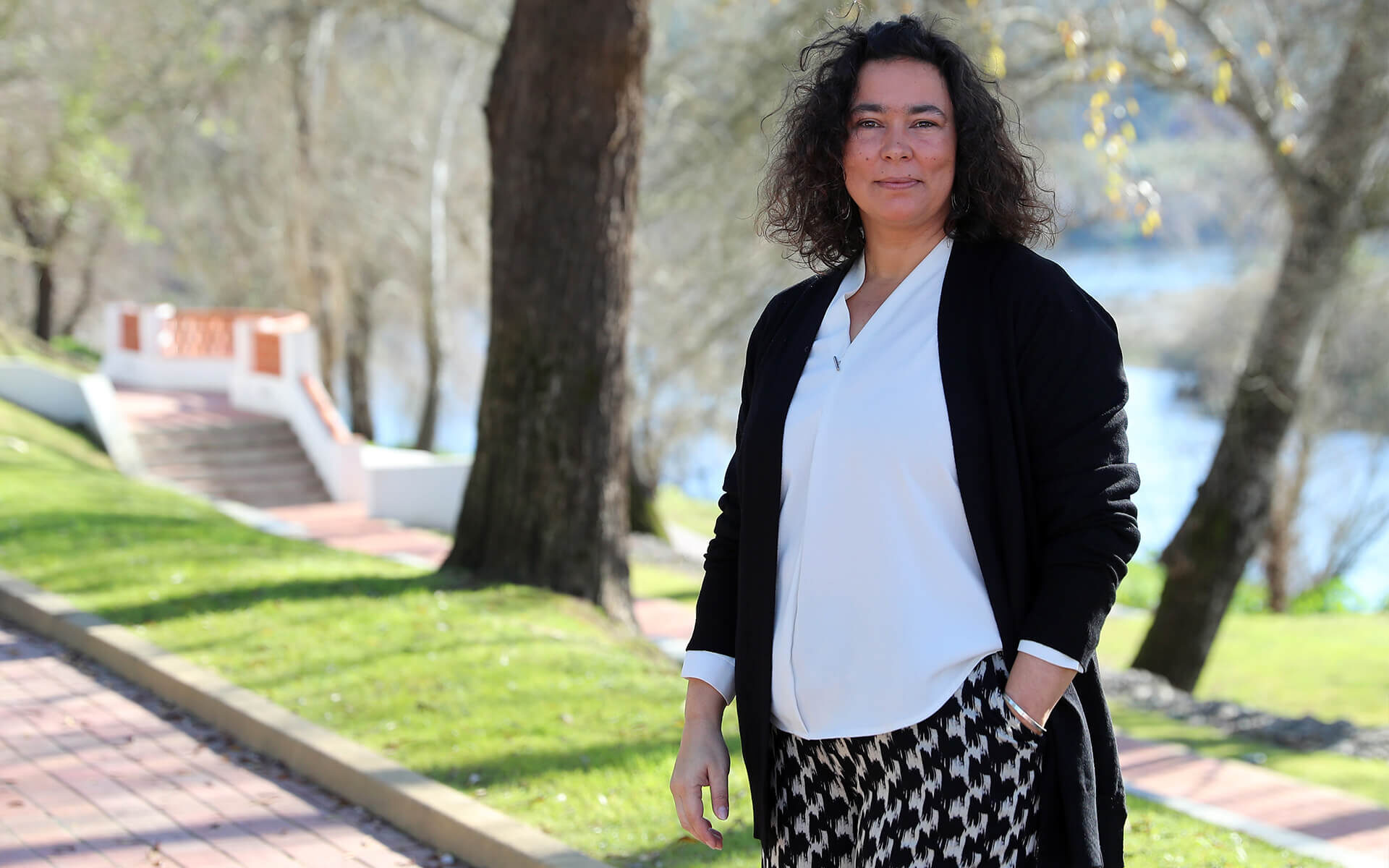
Raquel Campos Rosado’s inspiration has been and still remains the example set by the women in her family who have had the greatest impact on her development, because they focus on responsible freedom, encouraging curiosity and an understanding of the world from different human perspectives. “Being exposed to multiple and sometimes opposing opinions helped me to grow and to make my own choices as a woman.”
This Altri Florestal manager hopes that in the same way the women around her have been a point of reference and source of inspiration, so too will she convey to her children the values of respect, tenacity and tolerance, regardless of gender.
WE MUST URGENTLY ENSURE THAT EVERYONE HAS THE SAME OPPORTUNITIES
Ângela Fernandes, the head of Caima’s Department of Health and Safety at Work, believes that way to empower women is to give them the same opportunities that are given to men in leadership positions. “It means not discriminating against women with small children, because society needs children in order to grow.” She tells us about endowing women with new skills and giving them the same opportunity to further their careers to level up with men’s salaries. “All this means that women are increasingly able to find success in managerial roles within companies.”
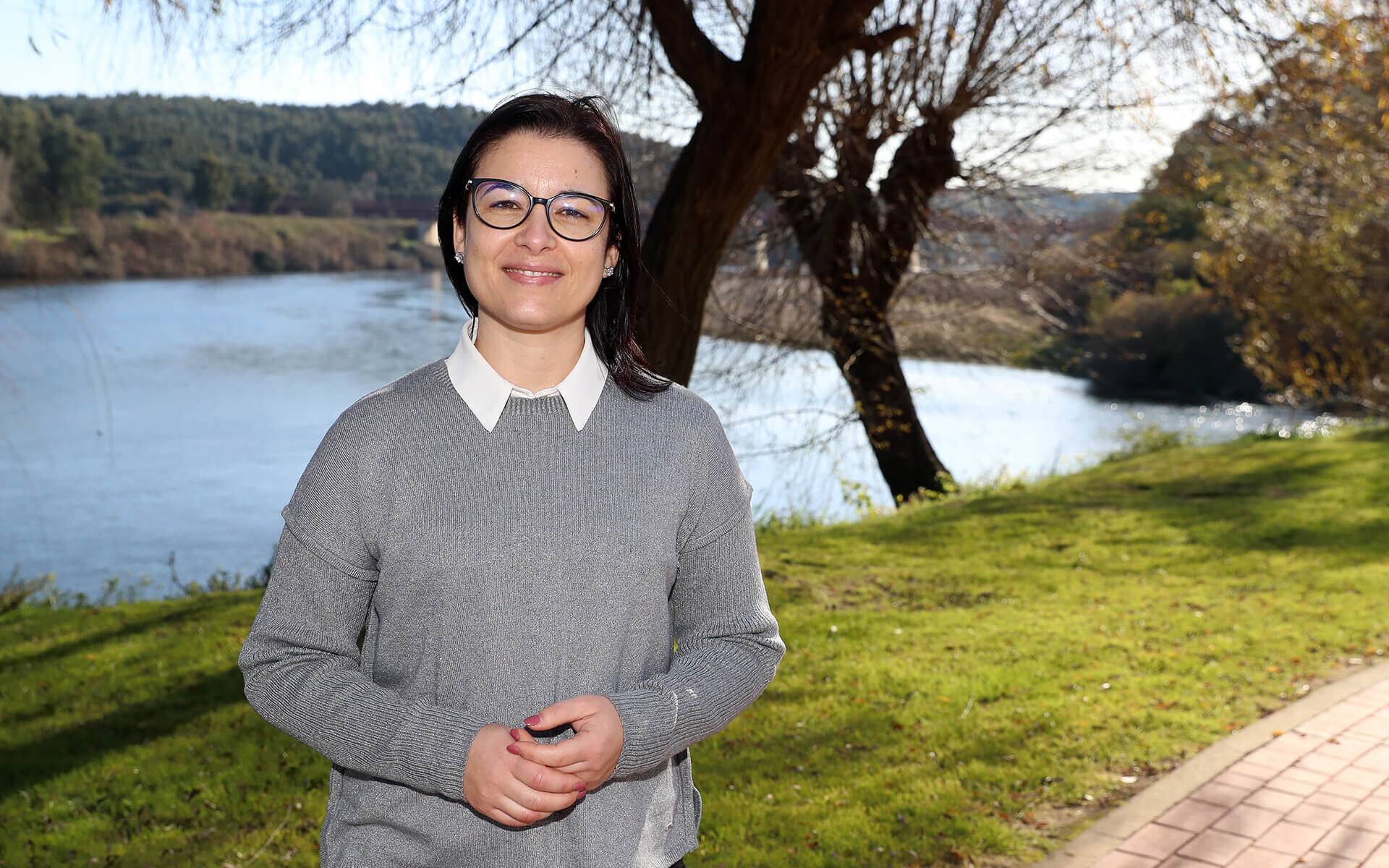
Education is of vital importance in promoting equality and empowering women to take up leadership roles, according to Daniela Rocha, the Head of the Management Systems sector at Celbi. She feels that in school, at home and within organisations themselves, the message that must be conveyed is that women are as capable as men when it comes to leadership. “The faster we get this message across, the faster we can change people’s mindsets.”
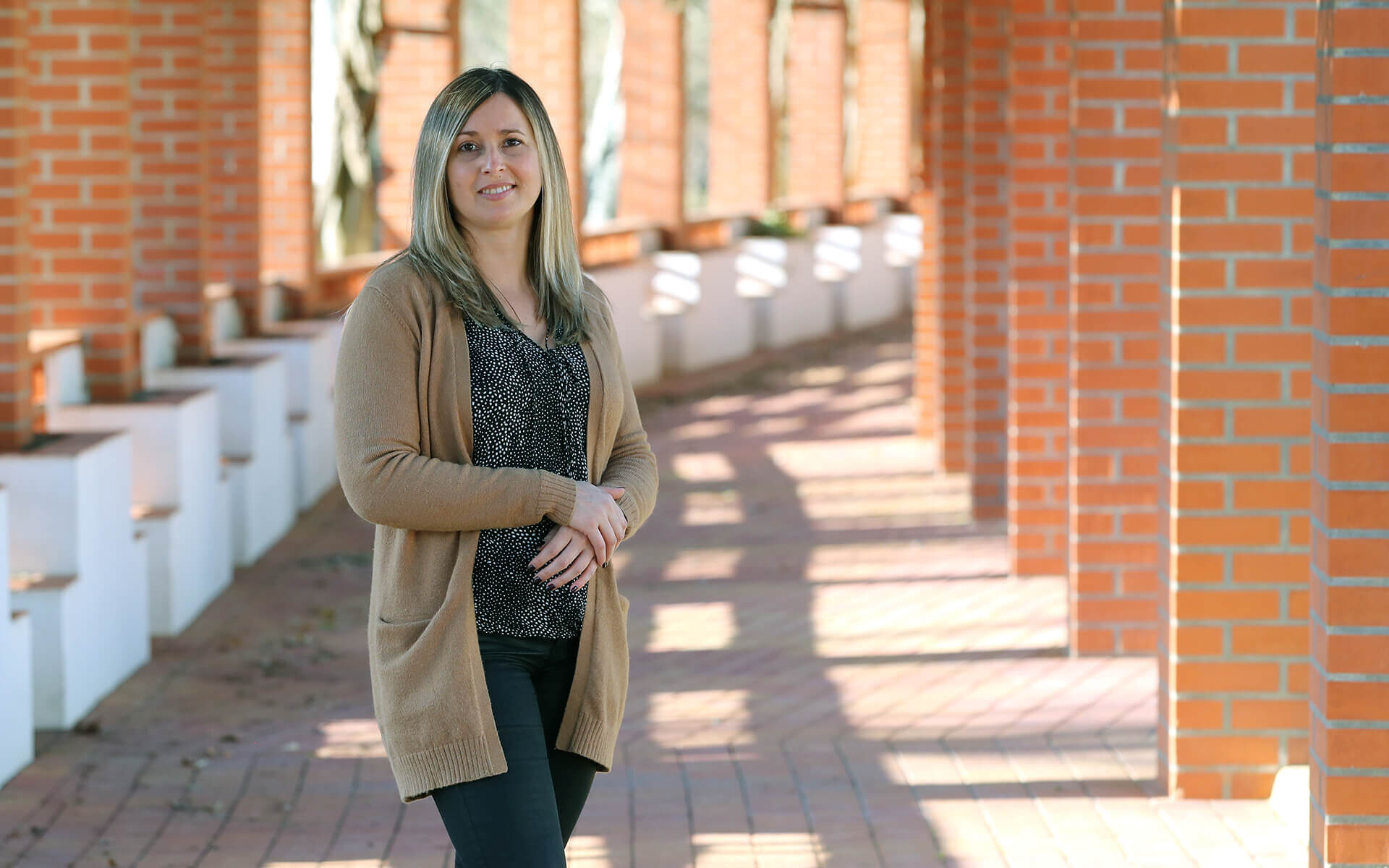
As an industrial engineer, she is saddened that girls have historically been brought up to be wives and mothers and to take care of the home. “This message instils in women the idea that they can’t fulfil their role as demanded by society if they want to have a successful career. As well as this, those women who do try to do both (career and family) at the same time often find out that the job market isn’t very flexible.”
Change therefore involves shedding social stereotypes relating to male and female roles and to family life, in education, in schools and at home. “It’s important to convey the message that more inclusive societies benefit from women participating in work, social and political life, thereby increasing societal development and creating wealth.”
Daniela Rocha believes that educating people within organisations must involve demonstrating the advantages of female leaders, since it has been proven that this kind of leadership impacts companies’ profitability and competitiveness. “In addition, it is crucial to demand that leaders implement clear gender equality policies which stimulate and motivate women to take up leadership positions.”
THE ALTRI GROUP LEADS BY EXAMPLE
Diana Machado, Celbi’s Salaries and Benefits Coordinator, is in no doubt that the path towards empowering women to take up positions of leadership is the path followed by the Altri Group. “We are aware that we work in a company that respects and values women for their skills and abilities, that recognises the importance and value of having a good gender balance. We work in a Group where we understand that we have options for professional growth, where people are given jobs based on merit, skill and responsibility.”
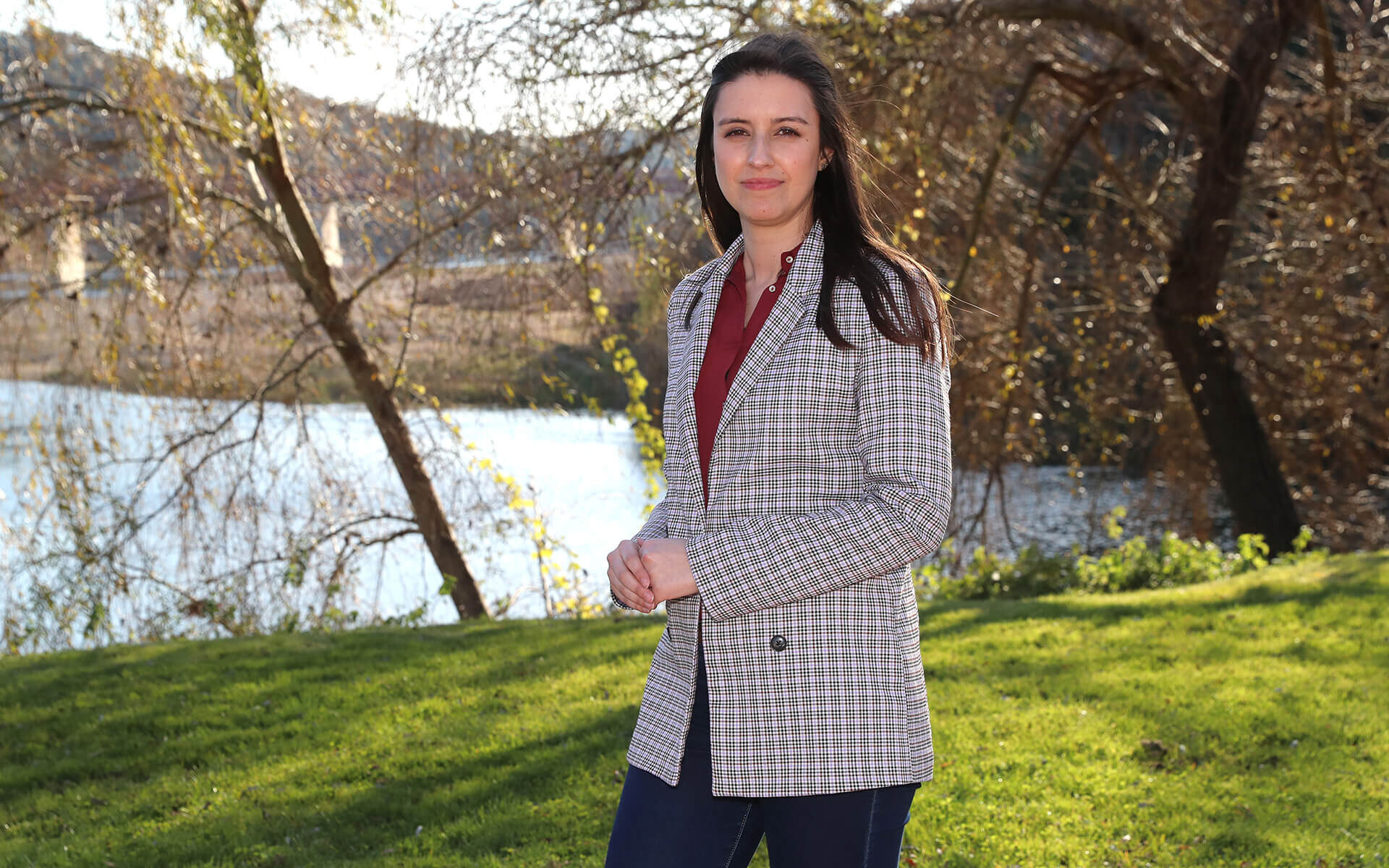
And although Diana thinks we still live in a sexist society, she says it is up to each and every one of us to do our bit every day to break down these ideas. “Female leadership means having faith in ourselves, regarding difficulties as challenges and facing them head-on. It means creating our purpose.”
In her testimonial, Celbi’s Process Technician Joana Ferreira, classifies being a female leader as “challenging” – she sees leadership as a cross between aptitude and attitude. “Aptitudes can be learnt and honed over time, and organisations must therefore guarantee equal opportunities, but attitude depends entirely on each person.” According to Joana, the biggest hurdles are how women themselves and society tend to look at the “mother figure” as being more vulnerable. “I think that with skill, dedication, a proactive attitude and a good decision-making ability, we can keep chipping away consistently to overcome this barrier.”
LEADERSHIP HAS NO GENDER
Leadership is neither male nor female, according to Altri Florestal’s Forest Technician, Maria João Loureiro. In her opinion, to be a leader is to be a role model, to be genuine, to listen and to be able to motivate others and cooperate with them. It also means being consistent and flexible with people, goals and challenges, respecting differences and stimulating the richness of human diversity, and this requires commitment and creativity. In the words of Maria João, leadership means constant humility balanced against strength of character, and is a challenge to both personal development and the development of the teams worked with.
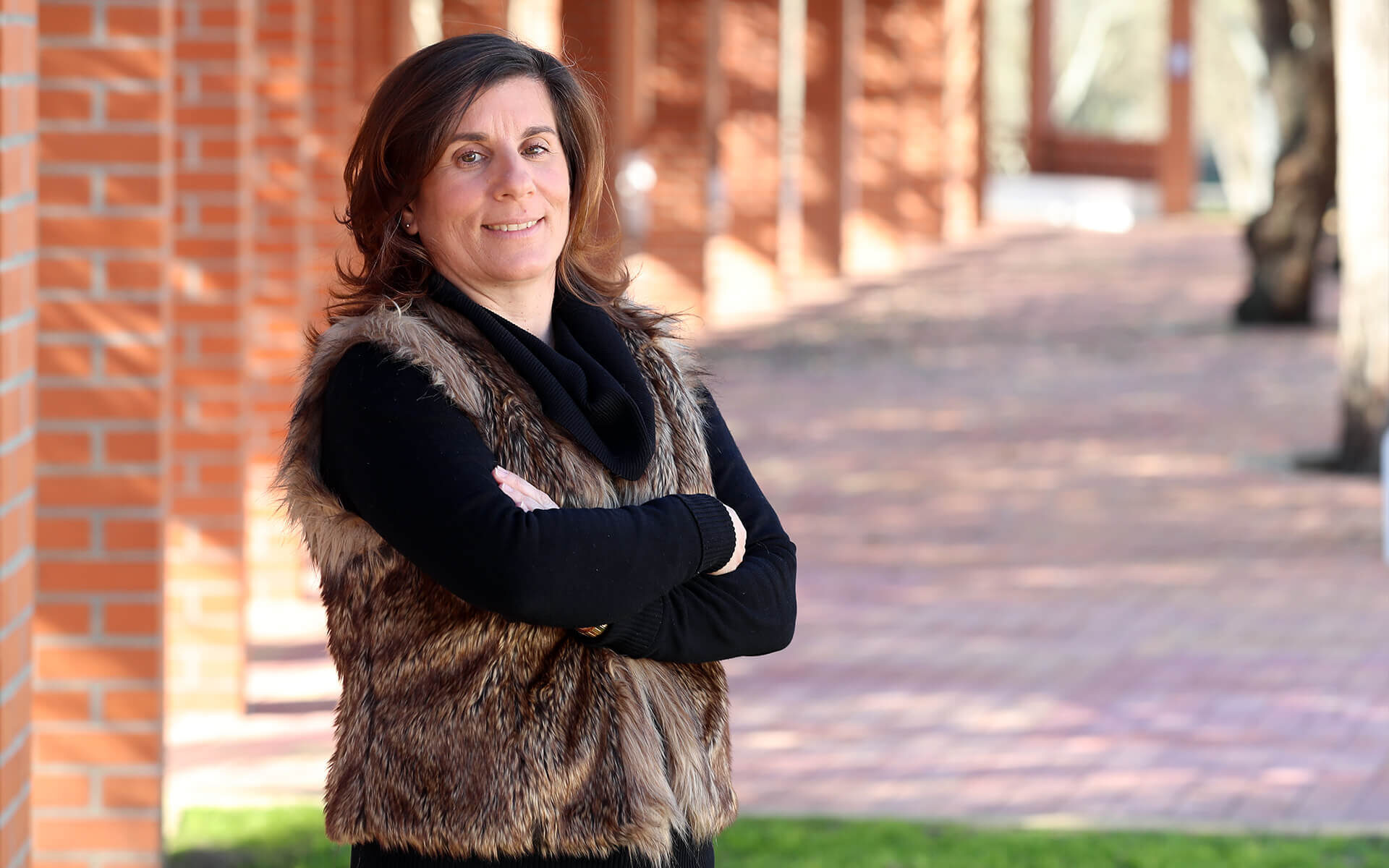
Regarding the professional and personal characteristics which are an advantage for women, her belief is that “equality assumes that there are no differences between men and women other than the inherent biological aspects”, and she points to differentiating factors such as technical skills, commitment to the organisation to which they belong, responsibility, honesty, flexibility, entrepreneurship, cooperation, team spirit and social skills.
The testimony given to us by Biotek’s Maintenance Engineer, Rita Rodrigues da Silva, highlights the fact that gender equality is an issue which is increasingly coming to the fore, whether in the news, social media or in our workplace, through internal awareness campaigns such as the Altri 2022 Equality Plan. “But do we really know what it actually means? Or why we are still fighting for equality when our Constitution recognises that men and women have the same rights?”
This female engineer believes that some work has been done in Portugal to achieve gender parity, but “(in)equality is still reflected in less access for women to managerial positions, greater difficulty in juggling work and family, and lower salaries. These are some of the main obstacles to a fairer and more egalitarian society.”
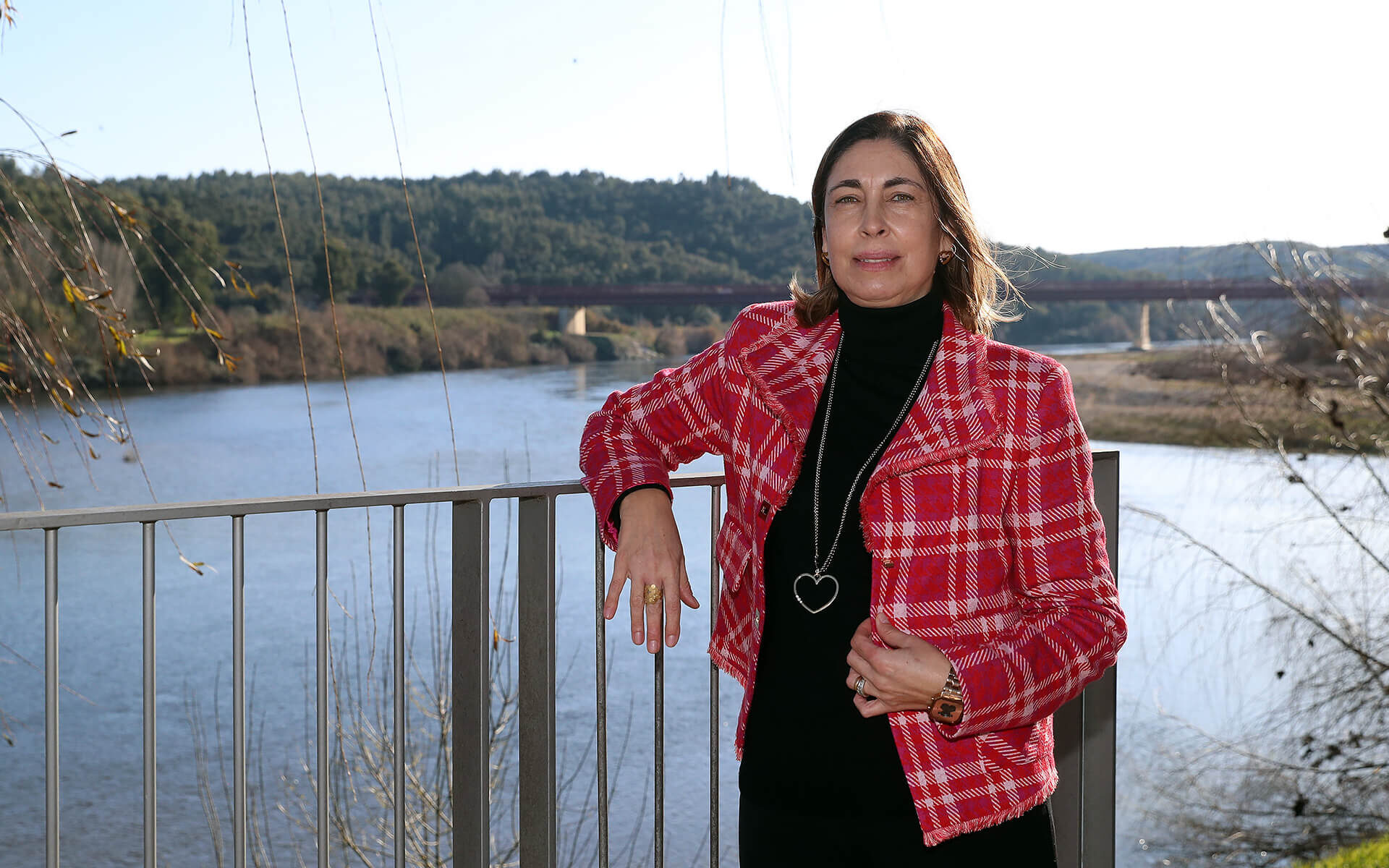
Sofia Reis Jorge, the Director of Sustainability, Risk and Communication at Altri, also feels that leadership has no gender. “A leader is very easy to recognise in an organisation, regardless of gender, even if there is no one else in the hierarchical relationship.” Indeed, she insists that leadership is not linked with hierarchy. “On the contrary, a leader is someone who has an influence even if unconsciously, someone who inspires behaviours and who is in some way a role model. We all have examples of great leaders around us, whether at home or at work.” Sofia Reis Jorge says she can recognise a leader as someone who, when with others, conveys confidence, has a tendency to take risks and sometimes fail, is open to listening to and motivating the team. “It’s also very important to make space to allow other leaders to grow. It’s true that women generally possess some characteristics which set them apart, such as being more people-orientated, their ability to manage several different issues at once, a predisposition to change, and a greater focus on emotions and inclusion.”
A PROUD PATH
According to Sofia, the Altri Group has been making great strides, of which it should be proud. One of its commitments for 2030 is to double the number of women in leadership positions. “It might seem a little ambitious, but taking into account the fact that our core business activity is industrial and that it has historically been a male-dominated sector, it’s a commitment which requires long-term planning and focusing on hiring young females who could be the leaders of tomorrow with the same opportunities as their male peers.”
Throughout her 25-year career in Altri Group companies, Sofia Reis Jorge insists she never really felt different because of being a woman. “I grew as a person and as a professional always looking ahead and enthusiastically accepting the challenges presented to me. Sometimes I fell and would always get back up stronger and with a renewed desire to carry on.”
ENGINEERING STILL ATTRACTS MORE MEN
Rita Rodrigues da Silva, who works in Biotek’s Maintenance department, is currently the only woman in the area. Why is that? “I think that engineering is traditionally a male area, and it’s only in the last few decades that women have started to take the necessary courses and training for industry. Although it is advantageous to have mixed-sex teams, the employment market has difficulty in recruiting women in order to bridge this gap within companies.”
She goes on to explain that children learn by mimicking what they see and hear. “The basic human characteristic of language is developed through imitation. A child hears a word and repeats it. Similarly, children also explore movement and learn to walk by following the example of others. In Europe, women represent 34% of management positions, 28% of board members and 18% of senior directors. In maintenance departments the figure drops down to around 3%. As the saying goes, you have to see it to believe it, but it’s time to start thinking that to you have to see it to want it.
According to Rita, rather than investing in plans we have to invest in people, because it is only through (re)education that we can mitigate prejudice, which is often unconscious, and change mindsets. “In order to change the paradigm, we also need to internalise the fact that gender equality is an issue that touches everyone, not just women. How can we change the world when only half of us are invited to the table?”
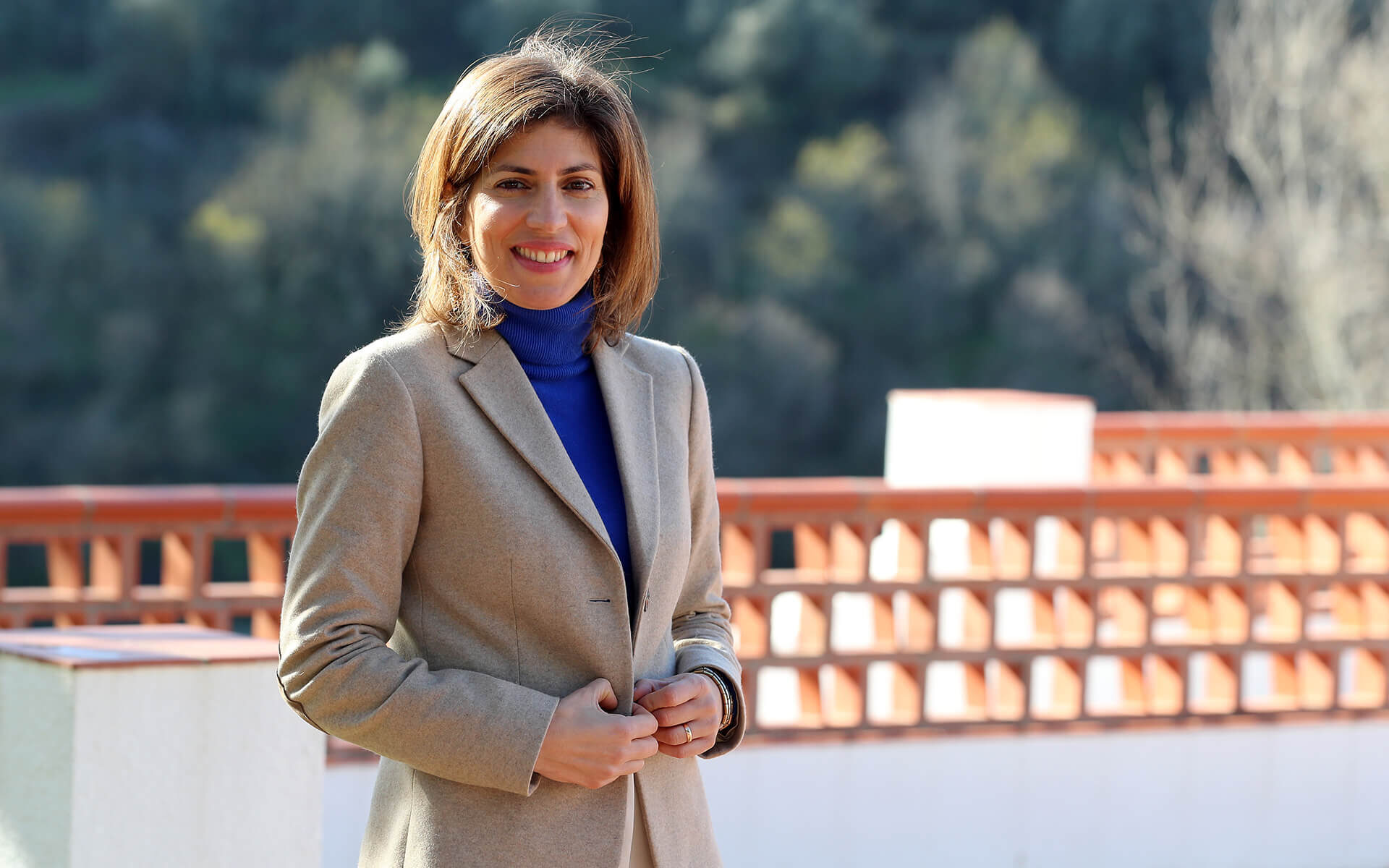
Speaking on the same subject of professional and personal characteristics which are an advantage for women, Raquel Almeida, the Industrial director at Caima, highlights focusing on people and the team. “Women are sociable, expressive, communicative and close, which is very beneficial to securing a commitment from within the organisation and thereby achieving our goals, without forgetting to focus on people, always with the aim of guiding them and enhancing their professional development.” She adds that generally “women tend to want everyone to participate in order to find the best solutions, and thus harness teamwork.”
Another aspect emphasised by Caima’s industrial director is multitasking, “this innate ability to think and act in different directions or on different subjects simultaneously”, which is a great advantage when it comes to making decisions. Raquel Almeida views female leadership as being able to manage people, to make them fall in love with their job and teach them to fly solo.
THE PRESENT DOESN’T JUST HINGE ON THE PAST
The question arises: what’s the greatest obstacle to gender equality in an organisation or in society?
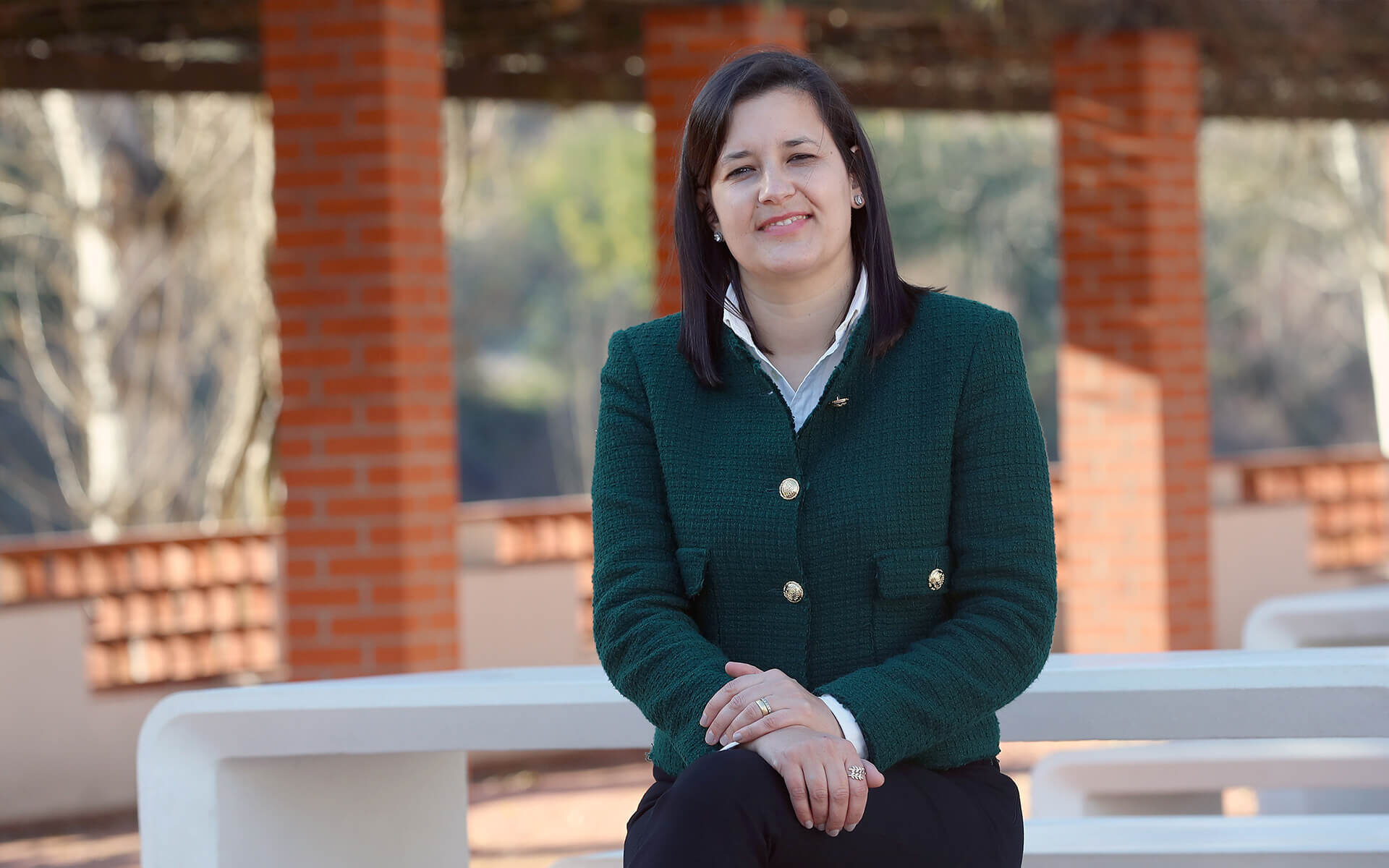
Patrícia Cardoso, the Head of the Integrated Management Systems Department at Biotek, starts off by stating that Portugal’s freedoms were suppressed for several decades. “The Portuguese were restricted – in the true sense of the word – in their day-to-day lives, since they lacked freedom of choice, of expression and even of movement. Whether governed by the monarchy or the dictatorship, women’s contributions were always undervalued in favour of the dominant male influence.” There is no doubt in her mind that this spirit still persists, “reflecting an ageing population which lived through and resulted from the Estado Novo period – an authoritarian, conservative, nationalist and corporatist regime.” And although the Constitution enshrines gender equality and equal opportunities, Patrícia believes that this hasn’t come to pass, at least not at the speed in which most modern societies evolve, and that society still has a psychological barrier regarding the role of women.
But the present doesn’t just hinge on the past. According to Patrícia, “Over the last few years, the fight has intensified and we keep on beavering away to break paradigms, just a little at a time, but hopeful of smashing the glass ceiling.” She also reminds us that the world’s most recognised organisations have already turned their attention to this issue, with specific goals. “There are more women today in leadership roles, and it is clear that efforts are being made to ensure a society which is evolved, fair and equitable for all.”
ECLECTICISM AND ADAPTABILITY
Altri’s Legal Director, Raquel Rocha Carvalho, is sure of one thing: she has never faced any impediment to gender equality. “It’s up to us women to adopt an attitude of leadership in our daily lives”, and she affirms that women’s competence is the best way to empower them to fill managerial positions.
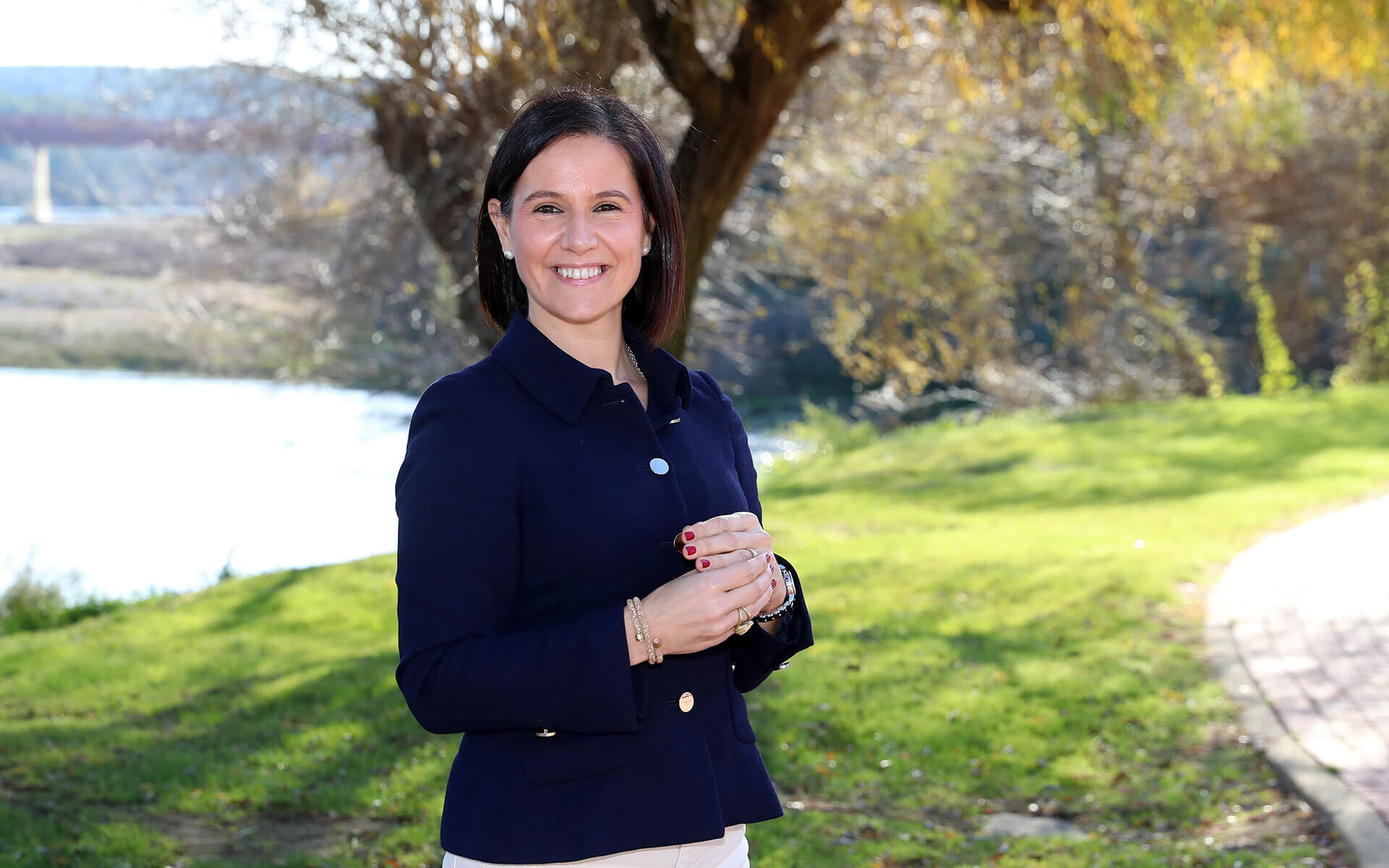
Lawyer Raquel says that she has never felt gender discrimination in her personal, academic or professional life, and she cites eclecticism and adaptability as two professional and personal characteristics which set women apart.
In fact, when she was hired as the legal director for the Altri Group in 2014, she was reaching the end of her pregnancy, and this in no way hindered her from being hired for the position. This clearly reflects the culture in place at Altri in this regard.
If she were CEO for a day, the measure she would suggest to improve gender equality at Altri would be “for everyone to be CEO for a day” so that everyone could experience the difficulty of decision-making, but also apply their vision to the organisation. On the matter of gender quotas in companies, Raquel Rocha Carvalho affirms that listed companies such as Altri are already subject to the law on gender quotas. “Sometimes the law has to pave the way to normalise something that society doesn’t yet recognise as normal. I think that after that, the next step is – just – meritocracy”.
In her view, female leadership is all about “marrying competence and adaptability, strength and sensitivity, focus and multitasking.”
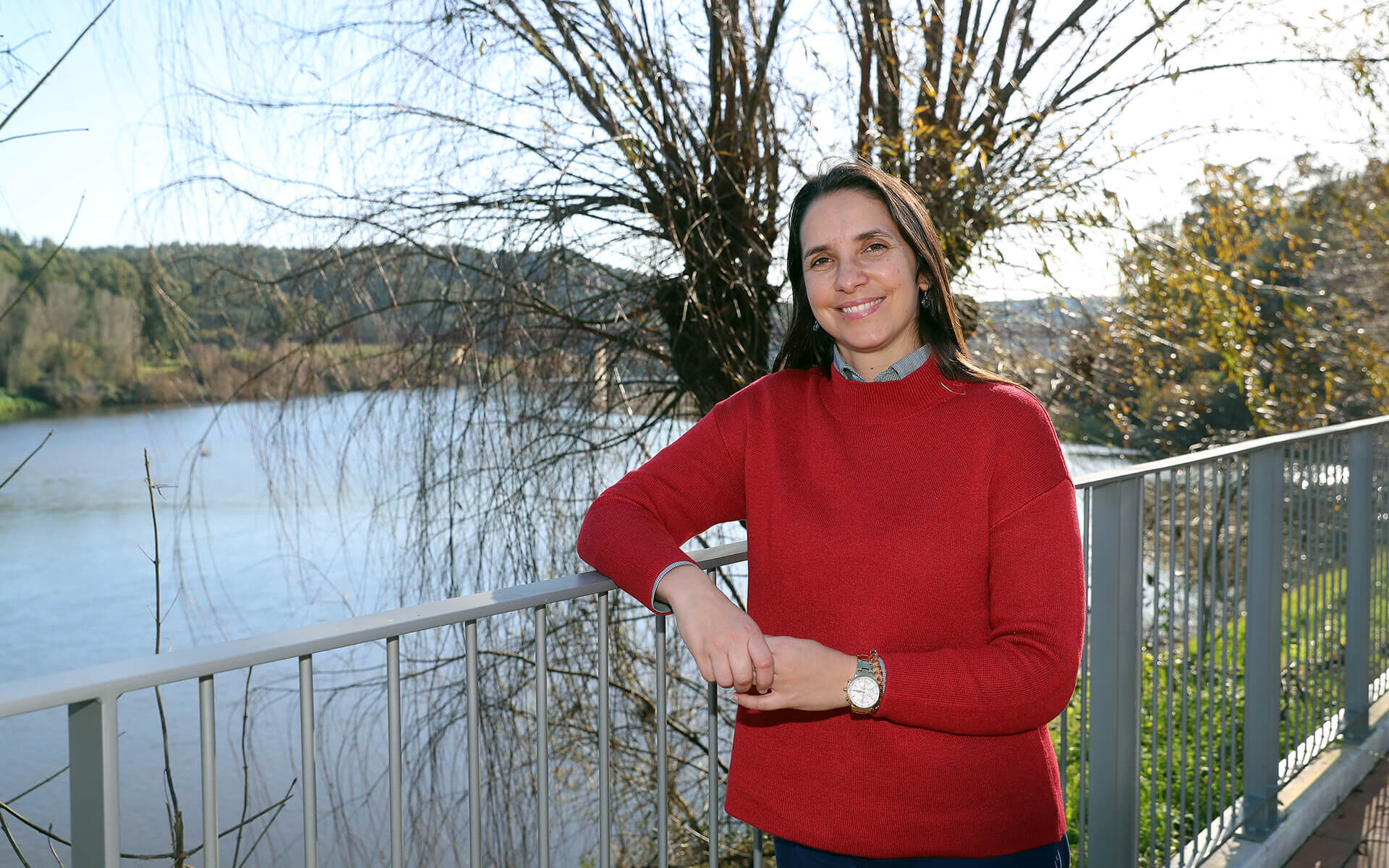
The Production Director at Celbi, Sofia Rebola, believes that women’s roles in Portuguese companies are becoming more highly valued. Nevertheless, she states that progress has been slow and that there’s still a long way to go. “From my point of view, women possess qualities that are vital to good leadership: generosity and harmony, women foster team communication, we lead in a more participative and cooperative way, less focused on the leader, and we have a great capacity for negotiation and problem-solving based on empathy and rationality.”
